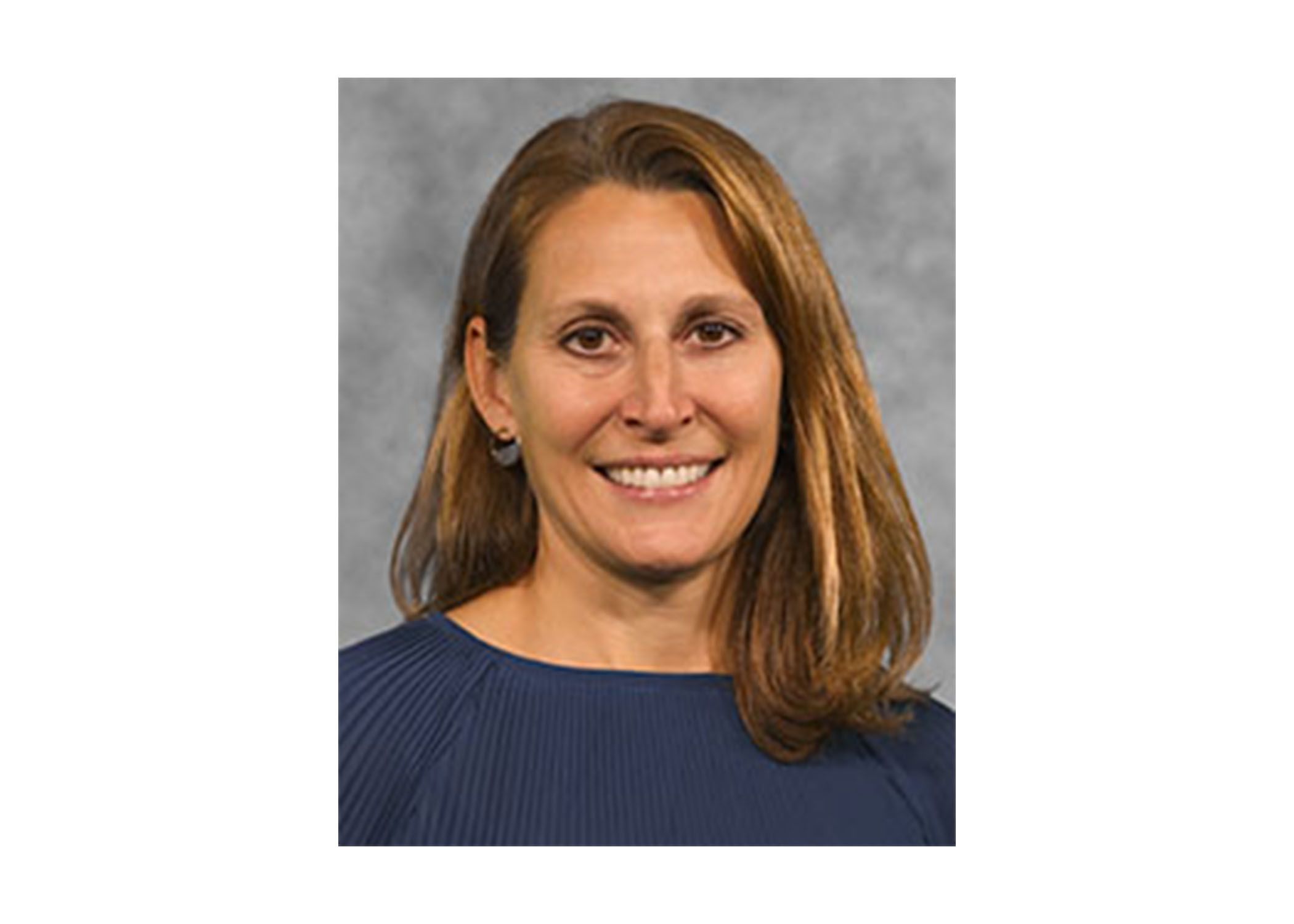
Owl Labs’ State of Remote Work 2019 indicated that 80% of employees want to work from home at least some of the time. This model has been gaining in popularity as people look to achieve better work-life balance. According to Virtual Vocations, an online telecommute job board, from 2015 through 2019, the number of jobs it added per year increased by 197%. Among the reasons why people seek remote jobs are schedule flexibility, the ability to care for family members at home, the ability to work around their own health concerns, and time and money savings.
Many companies have long had doubts about letting employees work on their own. They often struggle with control and trust (knowing if employees are really working) and the ability to collaborate virtually. Technology and security concerns are other factors often cited. Michael Bailey, president and CEO of AVEO Oncology, used to think along these lines. In a recent closed virtual roundtable with Pharm Exec, he admitted he was wary of moving to a remote work environment during COVID. However, he has been pleasantly surprised and attributes the success to a forged sense of trust. “I used to be one who said, “Jeez, is it good or bad as a leader to allow people to work remotely and have flex hours and do all this?” he said. “We had always integrated that into our organization and allowed it, but now this was like complete, full-on flexibility. And I’ve been impressed by the increase in productivity that the team has.”
Productivity is just one benefit of remote work. Global Workplace Analytics estimates that a typical employer can save an average of $11,000 per half-time telecommuter per year. In addition to productivity, it cites lower real estate costs, reduced absenteeism and turnover, and better disaster preparedness as other contributors to savings.
The group also predicts that the longer people are required to work at home, the greater the adoption of remote work will be in the COVID aftermath, estimating that 25% to 30% of the workforce will be working at home multiple days a week by the end of 2021.
How to make it work
For employers who have been converted to the benefits of remote work, there are some important practices to consider. First, companies should value people who are strong in leadership, independence, organization, communication, collaboration, and technology. These are attributes to look for in new remote hires, while enrichment programs could help develop these skills in current employees who are transitioning to a remote role.
Building a sense of community, both professionally and culturally, is also important. Inviting new hires into the office to meet the full team can help put faces to names. And in the absence of water cooler talk, in-person team-building, and happy hours, companies can bring people together virtually in creative ways. Company-wide enrichment programs such as midday meditation sessions, online team-based challenges, and virtual happy hours are some ways to connect.
“It can be challenging for a team member to fully absorb and benefit from your culture when they are missing out on the energy and buzz that happens within the walls of your company,” says Jason Hersh, managing partner of the executive recruitment firm Klein Hersh International. “Our partner companies have recognized the importance of having new employees spend time on-site when starting their role, to lay the foundation for relationship and team building.”
If a sense of community is strong, it will be easier to build trust and overcome any lingering doubts about remote work. Open lines of communication also can help employees feel valued and create mutual respect.
“The right cadence of communication is important to ensure a culture of collaboration,” says Hersh. “Many successful managers opt to have a daily call with their remote employees. This could take the form of a series of one-on-one calls or a team call. The important feature is that the calls are regular and predictable, and that they are a forum in which employees know that they can consult with you, and that their concerns and questions will be heard.”
Elaine Quilici is Pharm Exec’s Senior Editor. She can be reached at equilici@mjhlifesciences.com.
from WordPress https://ift.tt/3nxHgqU
via IFTTT

0 Comments